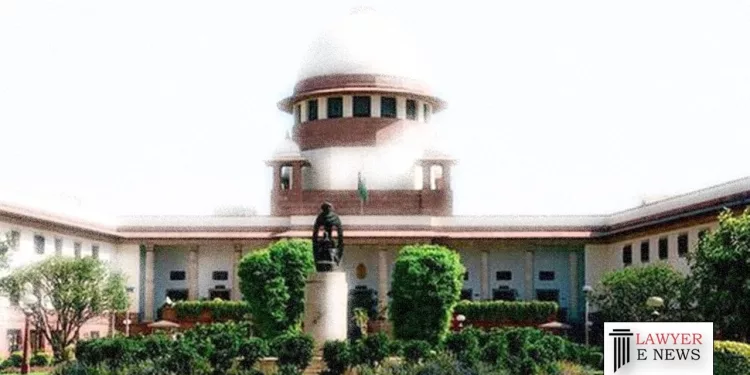Supreme Court Sets Aside Conviction under section 302 IPC – Accidental Firing

In a landmark judgment, the Supreme Court of India has set aside the conviction of the appellant under section 302 of the IPC , case of accidental firing , ruling that the incident involved accidental firing rather than intentional harm. The court, comprising Justices Abhay S. Oka and Rajesh Bindal, delivered the judgment on July 17, 2023.
The appellant, Arvind Kumar, had appealed against his conviction under Section 302 of the Indian Penal Code (IPC) for the death of a constable. The court examined the evidence and testimonies presented, ultimately concluding that the prosecution failed to establish the appellant’s intention to cause harm.
Justice Abhay S. Oka, in the judgment, stated, “The prosecution has failed to prove that the appellant had either any intention of causing the death of the deceased or the intention of causing such bodily injury to the deceased which was likely to cause his death.” The court held that the appellant’s actions amounted to gross negligence rather than a deliberate act.
The court analyzed expert reports, including those from ballistic experts, which confirmed that the firearm used by the appellant could be accidentally fired if the safety lever was not engaged. The evidence supported the appellant’s claim of accidental firing during a scuffle with the constable.
“We have held that the version of the two witnesses who have deposed about the appellant making such statements does not inspire confidence,” Justice Oka added, referring to statements attributed to the appellant after the incident. The court found these statements to be inconclusive and not indicative of intentional harm.
Supreme Court set aside the appellant’s conviction under Section 302 and found him guilty of a lesser offense under Section 304A of IPC (causing death by negligence). The maximum sentence for this offense is two years. However, since the appellant had already served more than eight years, the court determined that further detention was unnecessary and canceled his bail bonds.
This judgment brings attention to the importance of determining intent in criminal cases and highlights the significance of expert analysis in evaluating complex scenarios. The court’s decision to categorize the incident as accidental rather than intentional emphasizes the need for nuanced examination of evidence in criminal trials.
Date of Decision: July 17, 2023
Arvind Kumar vs State of NCT, Delhi






